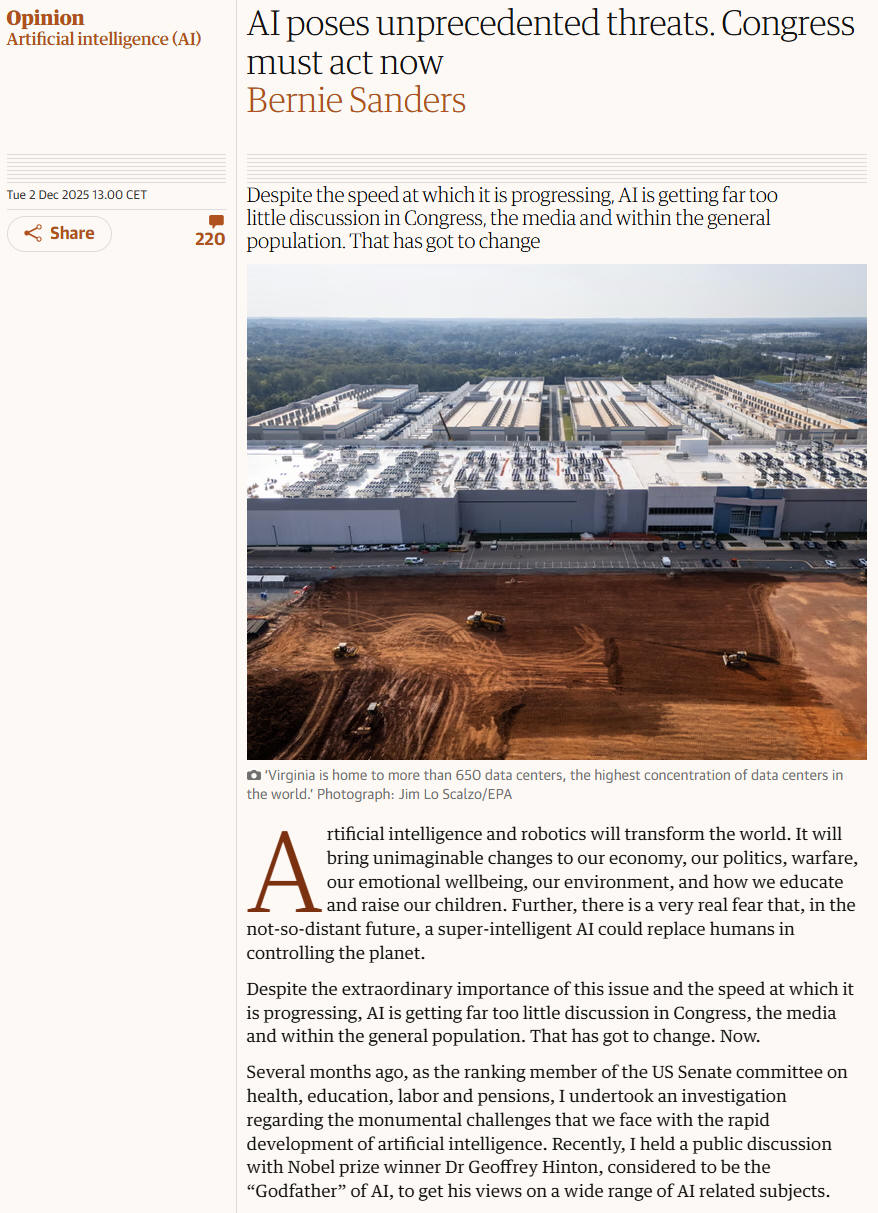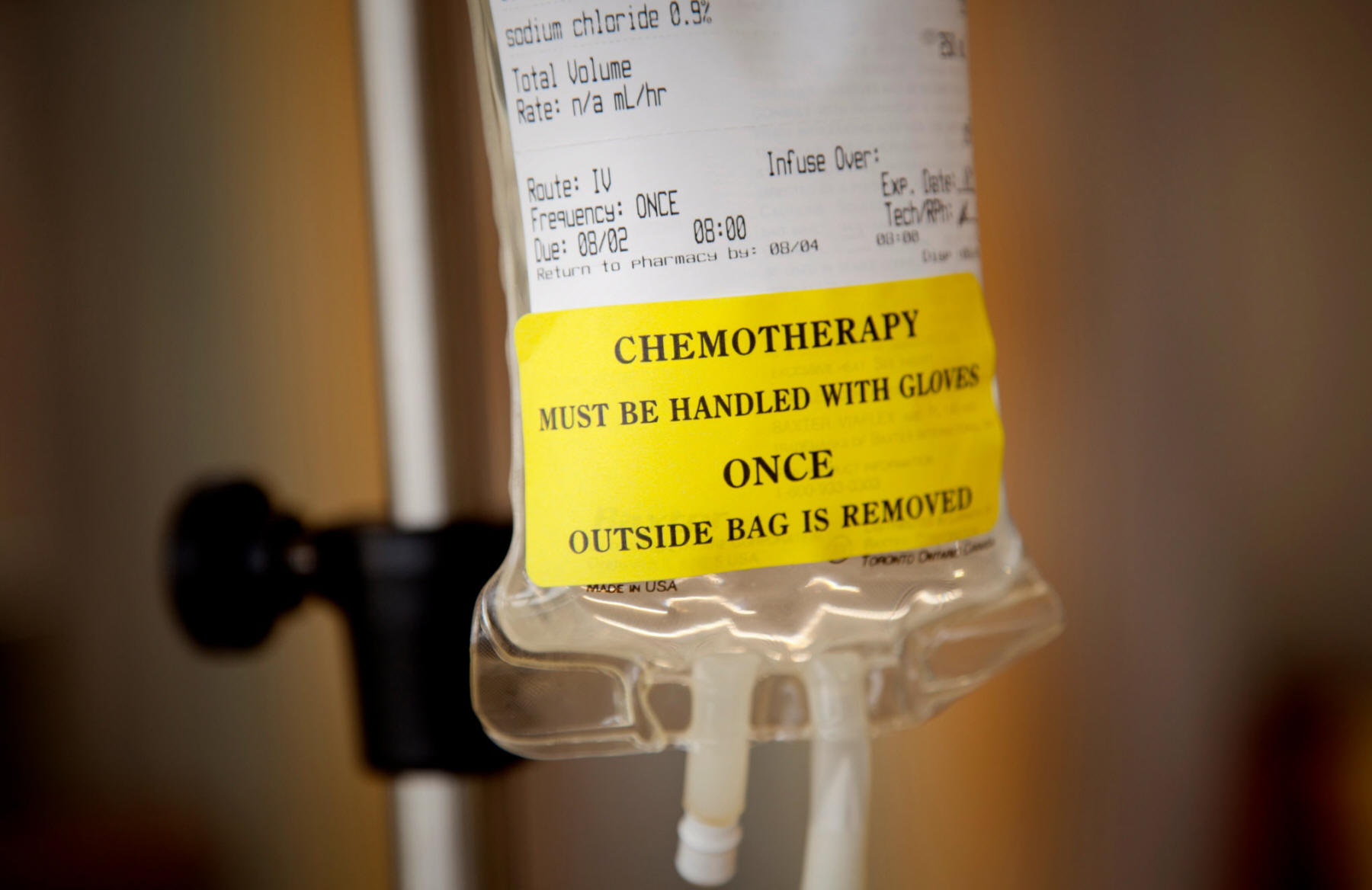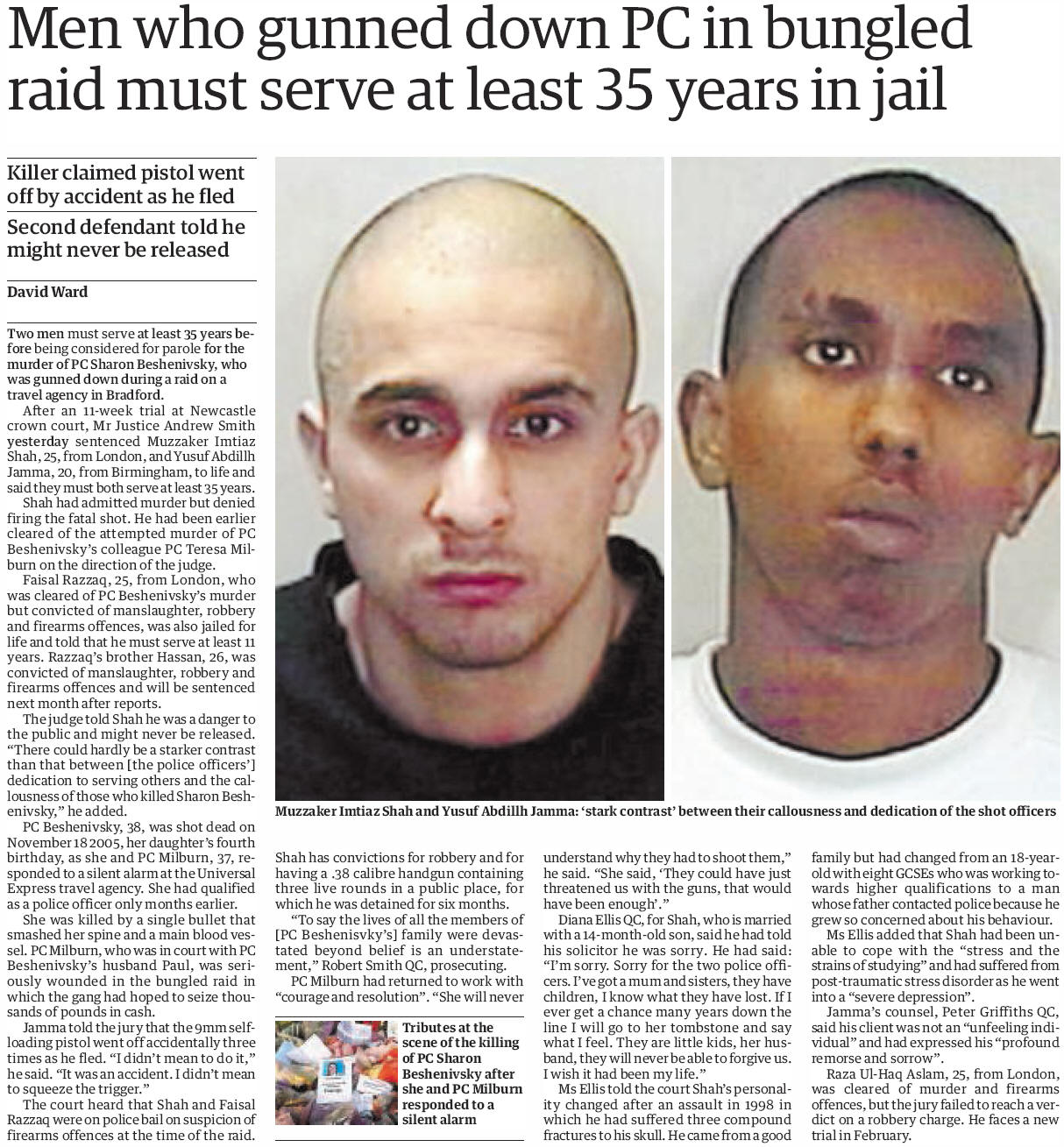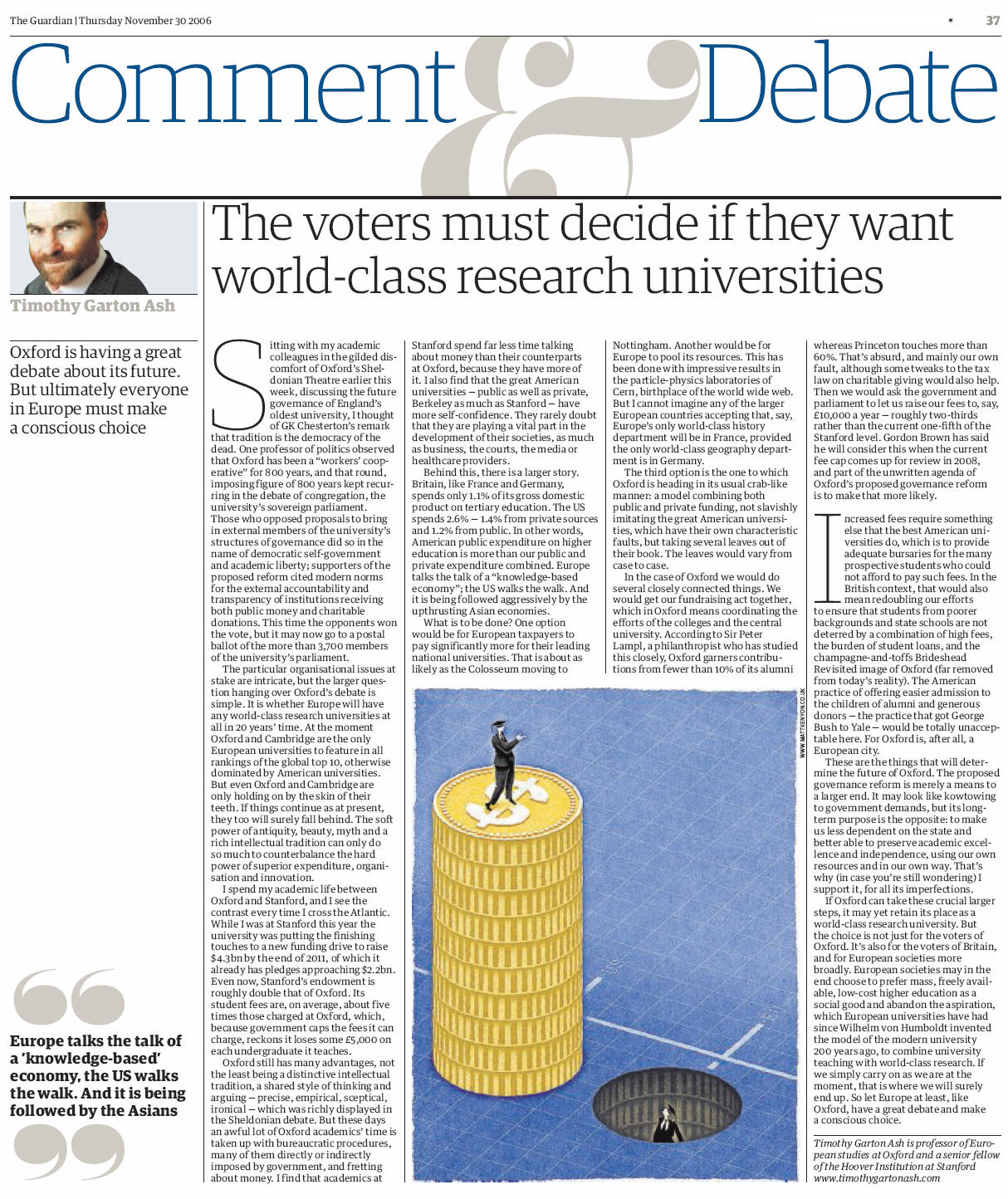|
learning > grammaire anglaise - niveau avancé
GV >
auxiliaires
> modaux
devoir > traductions
must + Base Verbale
(BV)
énonciation première / essentielle,
fiction de l'énonciation première >
nouveauté, injonction,
ordre,
nécessité,
impératif
Twitter Must Do
More to Block
ISIS
https://www.nytimes.com/2017/01/13/
opinion/twitter-must-do-more-to-block-isis.html
≠
have + toconnecteur +
Base Verbale
énonciation seconde >
rappel d'un devoir
déjà connu, admis, accepté
le / la co-enonciateur (-trice)
n'a pas d'auter choix que
de faire ce qui lui est demandé,
d'obéir, de s'exécuter
ou
l'énonciateur / l'énonciatrice
peut aussi utiliser cette structure
pour faire accepter à l'autre
un devoir difficile à faire,
sur le mode du :
"tu n'as pas le choix".
AI poses unprecedented threats.
Congress
must act now

Major Report Warns
Climate Change Is Accelerating
And Humans
Must Cut Emissions Now
August 9, 2021 NPR

A 1960s protest photo by
Gordon Parks.
Photograph:
The
Gordon Parks Foundation and
Jack Shainman Gallery,
New York.
'His work is a testament':
the ever-relevant photography
of Gordon Parks
G
Thu 21 Jan 2021
17.07 GMT
Last modified on Thu 21 Jan
2021 17.17 GMT
https://www.theguardian.com/artanddesign/2021/jan/21/
gordon-parks-photographer-black-american-life-exhibition

Cancer treatments like chemotherapy, radiation and surgery
might weaken a patient’s immune system.
Photograph: Harry Sieplinga
Photographer's Choice, via Getty Images
Will the Coronavirus Delay My Cancer Surgery?
The threat of infection is forcing doctors
to postpone operations or suggest other treatments.
April 15, 2020 5:00 a.m. ET
NYT
https://www.nytimes.com/2020/04/15/
opinion/coronavirus-cancer-surgery.html
Standoff in Ferguson After Death of Michael Brown
Video The New
York Times
14 August 2014
Five days after the death of Michael Brown,
protesters continued to face off with the police
as more racially charged demonstrations
gripped the streets of
Ferguson, Mo.
Produced by: Brent McDonald
Read the story here:
http://nyti.ms/1rbK4ek
Watch more videos at:
http://nytimes.com/video
YouTube
https://www.youtube.com/watch?v=J2wgGugTZg0

The Guardian p. 33
16 January 2009
http://digital.guardian.co.uk/guardian/2009/01/16/pdfs/gdn_090116_ber_33_21682471.pdf

The Guardian p. 11
23 December 2006

The Guardian p. 8
4 July 2007





Photographie numérique prise par Tom Anglonautes,
le 26 août 2006
après-midi, à Battersea Park, London.
Copyright Anglonautes.

Photographie numérique prise par Tom Anglonautes,
le 24 août 2006
après-midi, à Nunhead, London.
Copyright Anglonautes.

The Guardian p. 40
2 September 2006

The Guardian p. 16
2 February 2007
Obama Offers Liberal Vision:
‘We Must
Act’
January 21, 2013
The New York Times
By PETER BAKER
WASHINGTON — Barack Hussein Obama ceremonially opened his
second term on Monday with an assertive Inaugural Address that offered a robust
articulation of modern liberalism in America, arguing that “preserving our
individual freedoms ultimately requires collective action.”
On a day that echoed with refrains from the civil rights era and tributes to the
Rev. Dr. Martin Luther King Jr., Mr. Obama dispensed with the post-partisan
appeals of four years ago to lay out a forceful vision of advancing gay rights,
showing more tolerance toward illegal immigrants, preserving the social welfare
safety net and acting to stop climate change.
At times he used his speech, delivered from the West Front of the Capitol, to
reprise arguments from the fall campaign, rebutting the notion expressed by
conservative opponents that America risks becoming “a nation of takers” and
extolling the value of proactive government in society. Instead of declaring the
end of “petty grievances,” as he did taking the oath as the 44th president in
2009, he challenged Republicans to step back from their staunch opposition to
his agenda.
“Progress does not compel us to settle centuries-old debates about the role of
government for all time — but it does require us to act in our time,” he said in
the 18-minute address. “For now decisions are upon us, and we cannot afford
delay. We cannot mistake absolutism for principle or substitute spectacle for
politics or treat name-calling as reasoned debate. We must act.”
Mr. Obama used Abraham Lincoln’s Bible, as he did four years ago, but this time
added Dr. King’s Bible as well to mark the holiday honoring the civil rights
leader. He became the first president ever to mention the word “gay” in an
Inaugural Address as he equated the drive for same-sex marriage to the quests
for racial and gender equality.
The festivities at the Capitol came a day after Mr. Obama officially took the
oath in a quiet ceremony with his family at the White House on the date set by
the Constitution. With Inauguration Day falling on a Sunday, the swearing-in was
then repeated for an energized mass audience a day later, accompanied by the
pomp and parade that typically surround the quadrennial tradition.
Hundreds of thousands of people gathered on a brisk but bright day, a huge crowd
by any measure, though far less than the record turnout four years ago. If the
day felt restrained compared with the historic mood the last time, it reflected
a more restrained moment in the life of the country. The hopes and expectations
that loomed so large with Mr. Obama’s taking the office in 2009, even amid
economic crisis, have long since faded into a starker sense of the limits of his
presidency.
Now 51 and noticeably grayer, Mr. Obama appeared alternately upbeat and
reflective. When he re-entered the Capitol at the conclusion of the ceremony, he
stopped his entourage to turn back toward the cheering crowds on the National
Mall.
“I want to take a look, one more time,” he said. “I’m not going to see this
again.”
If the president was wistful, his message was firm. He largely eschewed foreign
policy except to recommend engagement over war, and instead focused on
addressing poverty and injustice at home. He did little to adopt the language of
the opposition, as he has done at moments in the past, and instead directly
confronted conservative philosophy.
“The commitments we make to each other — through Medicare and Medicaid and
Social Security — these things do not sap our initiative; they strengthen us,”
he said. “They do not make us a nation of takers; they free us to take the risks
that make this country great.”
The phrase, “nation of takers,” was a direct rebuke to Republicans like
Representative Paul D. Ryan of Wisconsin, last year’s vice-presidential nominee,
and several opposition lawmakers took umbrage at the president’s tone.
“I would have liked to see a little more on outreach and working together,” said
Senator John McCain of Arizona, the Republican who lost to Mr. Obama four years
ago. “There was not, as I’ve seen in other inaugural speeches, ‘I want to work
with my colleagues.’ ”
Representative Pete Sessions of Texas, a member of the Republican leadership,
said that from the opening prayer to the closing benediction, “It was apparent
our country’s in chaos and what our great president has brought us is upheaval.”
He added, “We’re now managing America’s demise, not America’s great future.”
Mr. Obama struck a more conciliatory note during an unscripted toast during
lunch with Congressional leaders in Statuary Hall after the ceremony.
“Regardless of our political persuasions and perspectives, I know that all of us
serve because we believe that we can make America for future generations,” he
said.
For the nation’s 57th presidential inauguration, a broad section of downtown
Washington was off limits to vehicles and a major bridge across the Potomac
River was closed to regular traffic as military Humvees were stationed at
strategic locations around the city.
Joining the president through the long day were the first lady, Michelle Obama,
and their daughters, Malia, 14, and Sasha, 11. The young girls were playful.
Malia at one point sneaked up behind her father and cried out, “Boo!” Sasha used
a smartphone to take a picture of her parents kissing in the reviewing stand,
then made them do it again. Both girls bounced with the martial music at the
Capitol.
Mr. Obama’s day began with a service at St. John’s Episcopal Church, across
Lafayette Square from the White House, where the Rev. Andy Stanley told him to
“leverage that power for the benefit of other people in the room.” At the
Capitol, Myrlie Evers-Williams, the civil rights leader, delivered the
invocation and the Brooklyn Tabernacle Choir performed the “Battle Hymn of the
Republic.”
Vice President Joseph R. Biden Jr. was sworn in at 11:46 a.m. by Justice Sonia
Sotomayor. The singer James Taylor then performed “America the Beautiful.”
At 11:50 a.m., Mr. Obama was sworn in again by Chief Justice John G. Roberts Jr.
After the two mangled the 35-word oath four years ago, necessitating a
just-in-case do-over the next day, the president and chief justice this time
carefully recited the words in tandem without error, although Mr. Obama did
swallow the word “states.”
Mr. Obama was more specific in discussing policy than presidents typically are
in an Inaugural Address. Particularly noticeable was his recommitment to
fighting climate change. “We will respond to the threat of climate change,
knowing that the failure to do so would betray our children and future
generations,” he said.
He referred only implicitly to terrorism, the issue that has so consumed the
nation for the past decade, but offered a more inward-looking approach to
foreign policy, saying that “enduring security and lasting peace do not require
perpetual war.” He also talked of overhauling immigration rules so “bright young
students and engineers are enlisted in our work force, rather than expelled from
our country.”
For a president who opposed same-sex marriage as recently as nine months ago,
the speech was a clear call for gay rights, as he noted the journey “through
Seneca Falls and Selma and Stonewall,” symbolically linking seminal moments in
the struggles for equal rights for women, blacks and gay men and lesbians.
“Our journey is not complete until our gay brothers and sisters are treated like
anyone else under the law — for if we are truly created equal, then surely the
love we commit to one another must be equal as well,” he said.
The expanse between the Capitol and the Washington Monument was filled with
supporters, many of them African-Americans attending only the second
inauguration of a black president. As large TV screens flickered in and out and
the audio often warbled, the ceremony was difficult to follow for many braving
the Washington chill.
The speech was followed by song, poem and benediction from Kelly Clarkson,
Richard Blanco, the Rev. Luis Leon and Beyoncé. The president and first lady got
out of their motorcade twice to walk stretches along Pennsylvania Avenue. Mr.
Biden and Jill Biden did as well, and the vice president greeted bystanders with
fist-pumping gusto.
The two families then settled into the specially built bulletproof reviewing
stand to watch the parade. Mr. Obama, who often uses Nicorette to tame an old
smoking habit, was spotted chewing as the bands marched past.
In the evening, the Obamas attended two official inaugural balls, down from 10
four years ago. The president, in tuxedo with white tie, danced at each of them
with the first lady, in a custom Jason Wu ruby chiffon and velvet gown, to Al
Green’s “Let’s Stay Together,” performed by Jennifer Hudson. The Obamas were
back at the White House by 10:15 p.m.
Reporting was contributed
by Jeremy W. Peters, Michael D. Shear,
Jennifer Steinhauer and Jonathan Weisman.
Obama Offers Liberal Vision: ‘We Must Act’,
NYT, 21.1.2013,
http://www.nytimes.com/2013/01/22/us/politics/
obama-inauguration-draws-hundreds-of-thousands.html
‘These Tragedies Must End,’
Obama Says
December
16, 2012
The New York Times
By MARK LANDLER
and PETER BAKER
NEWTOWN,
Conn. — President Obama vowed on Sunday to “use whatever power this office
holds” to stop massacres like the slaughter at the school here that shocked the
nation, hinting at a fresh effort to curb the spread of guns as he declared that
there was no “excuse for inaction.”
In a surprisingly assertive speech at a memorial service for the 27 victims,
including 20 children, Mr. Obama said that the country had failed to protect its
young and that its leaders could no longer sit by idly because “the politics are
too hard.” While he did not elaborate on what action he would propose, he said
that “these tragedies must end.”
The speech, a blend of grief and resolve that he finished writing on the short
Air Force One flight up here, seemed to promise a significant change in
direction for a president who has not made gun issues a top priority in four
years in office. After each of three other mass killings during his tenure, Mr.
Obama has renewed calls for legislation without exerting much political capital,
but the definitive language on Sunday may make it harder for him not to act this
time.
“No single law, no set of laws can eliminate evil from the world or prevent
every senseless act of violence in our society,” he said. “But that can’t be an
excuse for inaction.” He added that “in the coming weeks I’ll use whatever power
this office holds” in an effort “aimed at preventing more tragedies like this.”
“Because what choice do we have?” he added. “We can’t accept events like this as
routine. Are we really prepared to say that we’re powerless in the face of such
carnage? That the politics are too hard? Are we prepared to say that such
violence visited on our children year after year after year is somehow the price
of our freedom?”
Mr. Obama, speaking on a stark stage before a table of votive candles for each
victim, mixed his call to action with words of consolation for this bereaved
town. When he read the names of teachers killed defending their students, people
in the audience gasped and wept.
The service came as new details emerged about the terrifying moments at the
Sandy Hook Elementary School on Friday. Authorities said Sunday that the gunman,
Adam Lanza, shot his mother multiple times in the head before his rampage at the
school and that he still had hundreds of rounds of ammunition left when he
killed himself. Gov. Dannel P. Malloy of Connecticut said Mr. Lanza shot himself
as the police were closing in, suggesting that he may have intended to take more
lives had he not been interrupted.
The president’s trip here came amid rising pressure to push for tighter
regulation of guns in America. The president offered no specific proposals, and
there were no urgent meetings at the White House over the weekend to draft
legislation. Administration officials cautioned against expecting quick,
dramatic action, especially given the end-of-the-year fiscal crisis consuming
most of Mr. Obama’s time.
But the administration does have the makings of a plan on the shelf, with
measures drafted by the Justice Department over the years but never advanced.
Among other things, Democrats said they would push to renew an assault rifle ban
that expired in 2004 and try to ban high-capacity magazines like those used by
Mr. Lanza in Newtown. The president also said he would work with law enforcement
and mental health professionals, as well as parents and educators.
The streets outside the memorial service and the airwaves across the nation were
filled with voices calling for legislative action. By contrast, the National
Rifle Association and its most prominent supporters in Congress were largely
absent from the public debate.
“These events are happening more frequently,” Senator Joseph I. Lieberman, the
independent from Connecticut, said here before the service began, “and I worry
that if we don’t take a thoughtful look at them, we’re going to lose the pain,
the hurt and the anger that we have now.”
Governor Malloy said on the CBS program “Face the Nation” that when someone can
burst into a building with “clips of up to 30 rounds on a weapon that can almost
instantaneously fire those, you have to start to question whether assault
weapons should be allowed to be distributed the way they are in the United
States.”
The grieving in this small New England town, aired nonstop on national
television, adding emotional energy to the pressure on a newly re-elected
Democratic president who has largely avoided the issue during four years in the
White House. Mr. Obama has long supported the restoration of the assault weapon
ban, which first passed in 1994 only to set off a backlash among supporters of
gun rights that helped cost Democrats control of Congress. Given that political
history, he has never made a robust, sustained lobbying effort for it.
Mayor Michael R. Bloomberg of New York, appearing on the NBC program “Meet the
Press,” all but demanded that Mr. Obama confront the prevalence of firearms in
the nation. Mr. Bloomberg, an independent who gave his support to the president
shortly before the November election partly on the basis of gun control, bluntly
said he expected more of Mr. Obama.
“It’s time for the president to stand up and lead,” he said. “This should be his
No. 1 agenda. He’s president of the United States. And if he does nothing during
his second term, something like 48,000 Americans will be killed with illegal
guns” in the next year.
Mr. Bloomberg added that it was no longer enough that Mr. Obama shared his
position on banning assault weapons. “The president has to translate those views
into action,” he said. “His job is not just to be well-meaning. His job is to
perform and to protect the American public.”
While the Sunday programs were filled with politicians, mainly Democrats like
Senator Dianne Feinstein of California, demanding stronger gun control,
supporters of gun rights were noticeably absent. David Gregory, the moderator of
“Meet the Press,” said his program invited 31 senators who support gun rights to
appear on Sunday. “We had no takers,” he said.
The National Rifle Association’s headquarters was closed Sunday and a spokesman
could not be reached. A spokesman for Senator Mitch McConnell of Kentucky, the
Republican minority leader, said he had no comment, while Representative Eric
Cantor, the Republican House majority leader, could not be reached.
Robert A. Levy, chairman of the libertarian-leaning Cato Institute and one of
the organizers behind a Supreme Court case that in 2008 enshrined a Second
Amendment right for individuals to own guns, said Sunday that with more than 250
million guns already in circulation in the United States, restrictions on new
weapons would make little difference. He said by e-mail that tough gun laws did
not stop a mass shooting in Norway or regular violence in places like the
District of Columbia.
“I’m skeptical about the efficacy of gun regulations imposed across the board —
almost exclusively on persons who are not part of the problem,” he said. “To
reduce the risk of multivictim violence, we would be better advised to focus on
early detection and treatment of mental illness. An early detection regime might
indeed be the basis for selective gun access restrictions that even the N.R.A.
would support.”
Attention focused mainly on Mr. Obama, who has shied away from a major push on
gun control, even after events like the shooting of Representative Gabrielle
Giffords in Tucson last year and the mass killing at a movie theater in Aurora,
Colo., this year. Some Democrats said the number of children involved in the
Newtown massacre might change the dynamic but only if the president seizes the
moment.
“Nothing’s going to happen here unless Obama decides to put it front and
center,” said Steve Elmendorf, who was a top Democratic congressional aide in
1994 when lawmakers passed the now-expired assault weapon ban. “He’s not running
for re-election. This is one of those moments where you have to decide, ‘I’m not
going to sit here and examine the politics and I’m going to do what’s right.’ ”
In the interfaith ceremony here, clergy members quoted from Psalm 23, a Hebrew
memorial chant and a Muslim prayer. The Rev. Matthew Crebbin, senior minister of
the Newtown Congregational Church, said the message of the service was that
“these darkest days in the life of our community will not be the final words
heard from us.”
Some of the children in the audience of 1,700 clutched stuffed puppies handed
out to them by the Red Cross. Some talked excitedly to one another about the
coming holidays, their laughter a counterpoint to the sorrow of the service that
followed.
In his 19-minute remarks, Mr. Obama said he had been reflecting on whether
“we’re doing enough to keep our children, all of them, safe from harm.” He
concluded: “If we’re honest with ourselves, the answer is no. We’re not doing
enough.”
He concluded with biblical references and said the town reminds Americans of
what should really matter. “Let the little children come to me, Jesus said, and
do not hinder them,” Mr. Obama said. “For such belongs to the kingdom of
Heaven.”
He then slowly read the names of the children who were killed on Friday as some
in the audience sobbed, a haunting roll call of a class that will never convene
again.
“God has called them all home,” the president said. “For those of us who remain,
let us find the strength to carry on.”
Mark Landler
reported from Newtown, Conn.,
and Peter Baker from Washington.
‘These Tragedies Must End,’ Obama Says, NYT, 16.12.2012,
http://www.nytimes.com/2012/12/17/us/politics/
bloomberg-urges-obama-to-take-action-on-gun-control.html
Judge
Tells Zimmerman
He Must Go Back to
Jail
June 1,
2012
The New York Times
By SERGE F. KOVALESKI
A Florida
judge on Friday revoked the bond of George Zimmerman, who has been charged with
second-degree murder in the shooting of Trayvon Martin, after state prosecutors
argued that Mr. Zimmerman, with the help of his wife, had misled the court about
his finances.
During an afternoon hearing in Sanford, Fla., a Seminole County Circuit Court
judge, Kenneth R. Lester Jr., ordered Mr. Zimmerman, 28, a former neighborhood
watch volunteer who himself aspired to be a judge, to surrender to authorities
within 48 hours.
Judge Lester made his ruling shortly after an assistant state attorney, Bernardo
de la Rionda, asserted that Mr. Zimmerman and his wife, Shellie, during a bail
hearing on April 20, had “lied” and “were very deceptive” about assets available
to them. That hearing cleared the way for Mr. Zimmerman’s release from jail on
$150,000 bond. He had to put up 10 percent, or $15,000, to make bail.
The judge determined that Mr. Zimmerman, who has been in hiding because of
concerns about his safety, had engaged in “material falsehoods.” At issue is the
roughly $200,000 Mr. Zimmerman raised through a legal defense Web site, money
that Mr. Zimmerman’s lawyer, Mark M. O’Mara, said he learned of several days
after the bond hearing.
In an interview, Mr. O’Mara said: “Was it a misrepresentation? Possibly. It
looks like they should have told the judge about the money. But they did not
take the funds and run. They only used $5,000 towards the bond and, more
significantly, when I found out about the money and suggested that they turn it
over to me to put in trust, they did so immediately.”
Benjamin Crump, a lawyer for the Martin family, said, “Judge Lester’s decision
is the most important ruling in this case so far because it focuses everyone’s
attention back on the credibility of George Zimmerman, which is the crux of the
matter in this case.” Mr. Martin, 17, who was unarmed, was killed on the night
of Feb. 26 after an encounter with Mr. Zimmerman that turned violent.
Mr. Martin had been walking through the gated community in Sanford, where he was
staying and where Mr. Zimmerman lived. The case created a national uproar after
Mr. Zimmerman was not initially arrested, raising questions about Florida’s
broad self-defense law and racial profiling.
On April 11, a special prosecutor, Angela B. Corey, charged Mr. Zimmerman with
second-degree murder. Mr. Zimmerman, who told the police he acted in
self-defense, has pleaded not guilty.
In a motion filed Friday, Mr. de la Rionda contended that recordings of phone
conversations Mr. Zimmerman and his wife had in the days before Mr. Zimmerman’s
bond hearing about how to pay his possible bond demonstrated that the couple had
misrepresented its financial circumstances to the court. At Mr. Zimmerman’s bond
hearing, Ms. Zimmerman testified that she was unaware of how much money his Web
site had collected.
“During the jail phone calls, both of them spoke in code to hide what they were
doing,” the motion said. According to the motion, credit union statements show
that on the day before the bond hearing, Mr. Zimmerman and his wife had access
to more than $135,000.
Mr. de la Rionda also said that Mr. Zimmerman had failed to hand over a second
passport, an issue played down by Judge Lester.
Judge Tells Zimmerman He Must Go Back to Jail,
NYT, 1.6.2012,
https://www.nytimes.com/2012/06/02/
us/bond-revoked-for-suspect-in-martin-shooting.html
Voir aussi > Anglonautes >
Grammaire anglaise explicative - niveau avancé
modaux
have +
toconnecteur + Base Verbale >
énonciation seconde
auxiliaires be,
have,
do,
auxiliaires modaux,
question tag
|